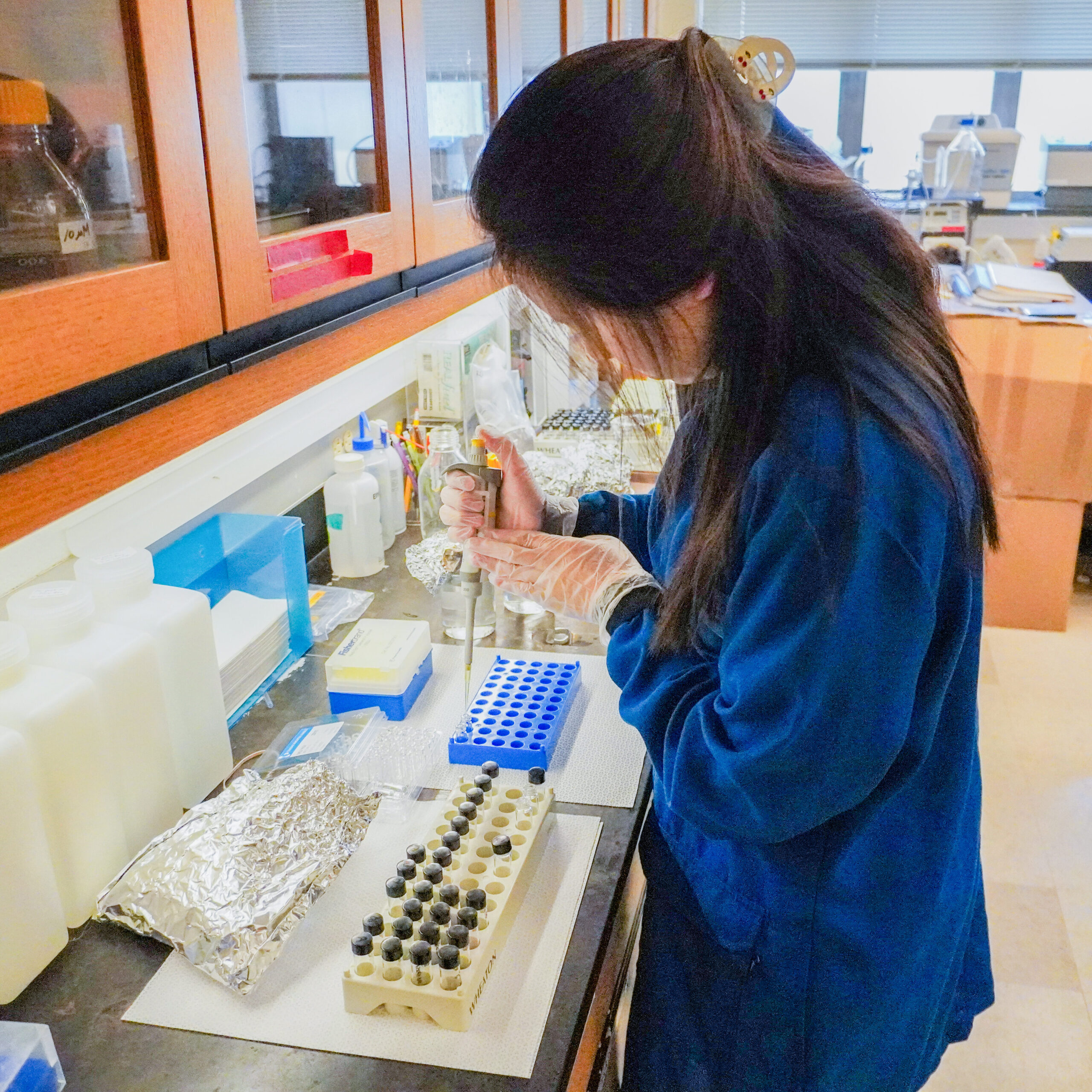Students across a variety of disciplines (or fields, if you will) have the opportunity to perform fieldwork at Princeton. In contrast to lab work—which involves performing experiments or analyses within a controlled on-campus environment—fieldwork takes place, well, in the field. Researchers venture out into the wide, wild world in pursuit of somehow collecting useful data from the vast webs of chaos that surround them. In my home department of the Geosciences, fieldwork is the norm: students go out to geological field camps or embark on oceanographic cruises to gather data about the raw Earth that surrounds us. However, fieldwork is truly possible in any discipline.
This past summer, I conducted my own fieldwork as part of the Juneau Icefield Research Program (JIRP). For two months, I lived and conducted glaciology research with about 40 other students, staff, and faculty on the glaciers of the Juneau Icefield—an interconnected system of over 140 glaciers spanning 1500 square miles across southern Alaska and northern Canada. It was one of the most incredible—and intellectually rewarding—experiences of my life. Here, I’ll share some stories from my time on the Icefield, contextualizing them within some broader lessons I learned about how field research operates.
Continue reading Field Research on the Juneau Icefield: Living the Emersonian Triangle

